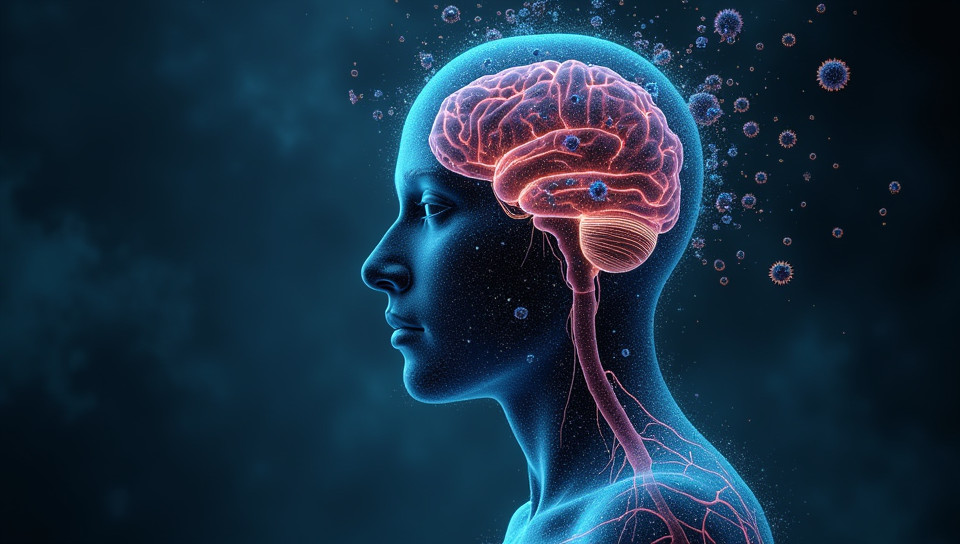The interaction between psychobiotics and the nervous system is unclear 85%

The Uncharted Territory of Psychobiotics: A Complex Interaction with the Nervous System
As we continue to explore the intricate relationships between our gut microbiome and brain function, one phenomenon has gained significant attention in recent years: psychobiotics. These live microorganisms have been touted as a potential solution for various mental health disorders, from anxiety and depression to schizophrenia. However, despite the promise of psychobiotics, the interaction between these beneficial microbes and our nervous system remains shrouded in mystery.
The Rise of Psychobiotics
Psychobiotics are live bacteria that, when administered in adequate amounts, can produce a therapeutic effect on mental health. They work by modulating the gut-brain axis, influencing the production of neurotransmitters, hormones, and other signaling molecules that impact mood, cognition, and behavior. Probiotics, prebiotics, and postbiotics are all part of this complex ecosystem.
Theories on Psychobiotic Action
Several theories attempt to explain how psychobiotics interact with the nervous system:
- The gut-brain axis theory proposes that psychobiotics influence brain function through the vagus nerve.
- The microbiome-gut-brain hypothesis suggests that psychobiotics produce metabolites that shape neural circuits and behavior.
- The immune system modulation theory posits that psychobiotics regulate inflammation and oxidative stress, which can impact mental health.
Evidence for Psychobiotic Effects
While research on psychobiotics is promising, the evidence base remains limited. Studies have shown that certain strains of psychobiotics can:
- Improve symptoms of depression
- Reduce anxiety in individuals with generalized anxiety disorder
- Modulate reward processing and emotional regulation
- Impact cognitive function and memory
Challenges in Understanding Psychobiotic Effects
Despite these findings, the interaction between psychobiotics and the nervous system remains unclear. Several factors contribute to this uncertainty:
- Complexity of the gut microbiome: The human gut hosts a diverse array of microorganisms, making it challenging to identify specific strains that exert therapeutic effects.
- Limited understanding of psychobiotic mechanisms: While theories abound, more research is needed to elucidate how psychobiotics interact with the nervous system.
- Variability in study designs and populations: Different studies have used various dosages, durations, and populations, making it difficult to draw conclusions.
Conclusion
The interaction between psychobiotics and the nervous system is a complex and multifaceted phenomenon that requires further investigation. While initial findings are promising, more research is needed to fully understand how these beneficial microbes shape our mental health. As we continue to explore this uncharted territory, we may uncover new therapeutic strategies for treating mental health disorders.
- Created by: Linda Collins
- Created at: Dec. 1, 2024, 11:56 a.m.
- ID: 16376









